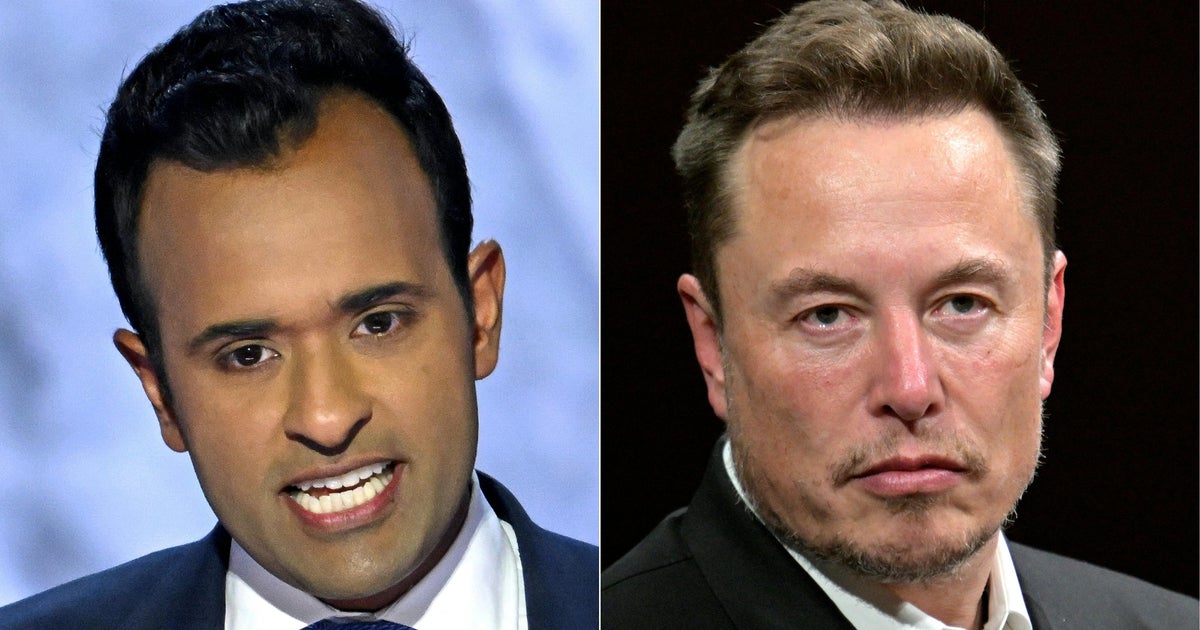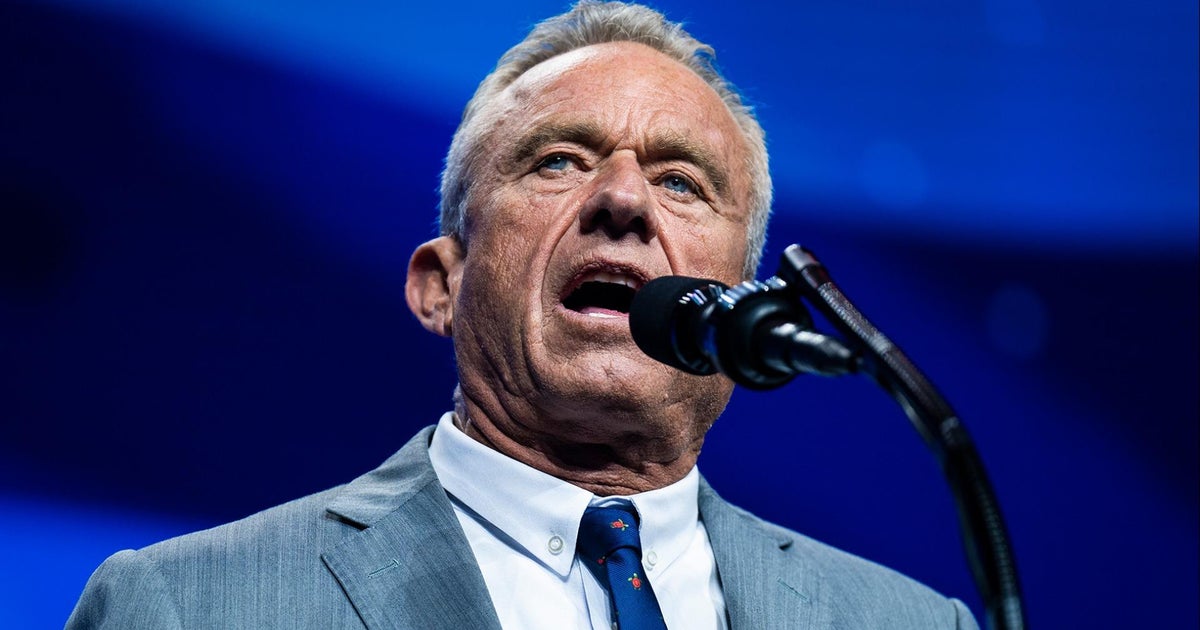Starbucks union organizer Jaz Brisack resigns, saying she was forced her out
A high-profile labor organizer has resigned from Starbucks, saying the company forced her out because of her union leadership.
Jaz Brisack, a barista who helped lead the unionization of a store in downtown Buffalo, New York — the first Starbucks to form a union — said Wednesday that her last day at the company will be Sept. 18. Since that vote last December, at least 238 U.S. Starbucks stores have voted to unionize, according to the National Labor Relations Board.
In a letter to her manager, which Brisack shared with The Associated Press, Brisack said Starbucks has refused to accommodate her availability requests for seven months. Brisack said that has hurt morale at the store, where her co-workers have had to cover for her when she is absent.
"Starbucks has deliberately made my continued employment at the company impossible," said Brisack, who has worked at the company for nearly two years.
Brisack started working at Starbucks in 2020, after completing a Rhodes Scholarship at the University of Oxford. Since she was a teenager, Brisack has been concerned about the plight of working people, and always planned to work on behalf of the labor movement, she told CBS MoneyWatch in April.
Seattle-based Starbucks said it tried to balance Brisack's scheduling requests with the store's staffing needs. The company said Brisack was working around 20 hours per week until May, when she told the store she was only available for 6.5 hours on one day per week. Starbucks said that wasn't approved because it didn't meet the store's needs.
"We work to treat every partner equally, balancing their scheduling requests with the business and customer needs of the store," Starbucks spokesman Reggie Borges said.
Brisack said that her request wasn't unusual, and many people work at Starbucks only one or two days per week. Borges said schedules vary by store, but that Brisack's store is already so understaffed that it often has to close early.
Starbucks has fought employees' unionization efforts‚ closing unionized stores and offering higher benefits to non-union workers, which the NLRB claims is illegal. But Borges said no employee is treated differently or disciplined because of their support for unions.
Brisack said at least 10 of her co-workers have been fired by the company over the last year. In June, the NLRB filed a federal court case in New York seeking the reinstatement of seven pro-union workers who were fired from a store in Buffalo.
The NLRB has also charged Starbucks with interfering with workers' right to organize in Memphis, Tennessee, where the company fired seven workers in February. A federal judge in Memphis recently ordered Starbucks to reinstate those workers while the NLRB case plays out.
But the NLRB lost a similar case in June, when a federal judge in Phoenix denied the agency's request to force Starbucks to rehire three workers.
Workers United, the union backing the Starbucks drive, said Wednesday that it has filed an unfair labor practice charge against Starbucks on Brisack's behalf.
Brisack said she expects the NLRB will order Starbucks to reinstate her. In the meantime, she will remain on the bargaining committee for her store and will continue to work with Workers United to organize other Starbucks stores.




